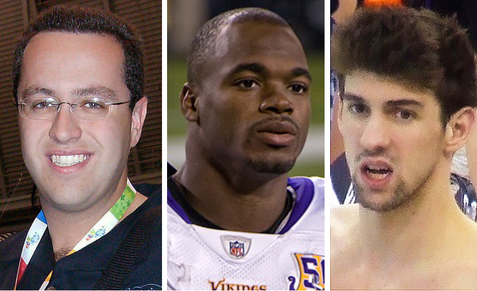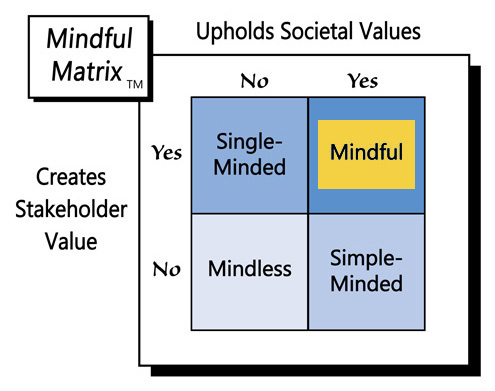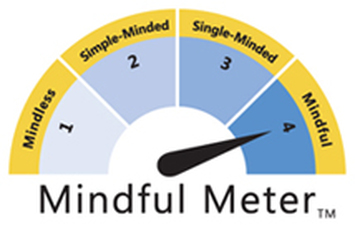It’s hard to remember now, but when Fogle first became a pitchman for the sandwich chain in 2000, he wasn’t famous but a rather average American who had lost an exceptional amount of weight (245 lbs.) thanks to a diet steeped in Subway. Fogle’s story was perfect promotion for the restaurant, which for many years used his example to position itself as the healthier, good-tasting alterative to typical fast food.
Not that Fogle deserves all or even most of the credit, but before he became the chain’s main spokesperson, Subway had around 14,000 stores worldwide. Fifteen years later its store total had ballooned to over 43,000, making it the world’s largest restaurant chain in terms of number of locations. Meanwhile, like certain other current celebrities of note, Fogle had become famous for being famous.
Of course, Fogle is not the first celebrity spokesperson to fall precipitously from grace, much to the chagrin of their corporate sponsors. A few other celebs who reputations and endorsement deals have taken dives not long ago include sports stars Adrian Peterson, Tiger Woods, and Michael Phelps. Fogle’s failing will likely eclipse all three of these, however, putting him on par with the likes of OJ Simpson.
Given that Fogle has been the face of Subway for 15 years, it will be hard for even the most forgiving folks to forget his insidious acts when thinking of Subway. That negative association could lead to backlash against the chain, the extent to which is difficult to estimate. Such potential fallout makes it fair to ask whether it’s worth it; that is are companies better off not using celebrity endorsers?
First, there are many product categories that have no compelling need for celebrities, for a variety of reasons, like low potential for good product-personality fit (e.g., copy paper), little affinity among target market members for those who are famous (e.g., Matures, 68+), and lack of scale or scope (e.g., a local grocery store).
Still, there are certain situations in which celebrity endorsements do seem to make a difference. For example, star athlete signings apparently have paid off for several major sports apparel companies. In a recent court case, for instance, the market value of the Jordan name was reported to be worth at least $480 million to Nike. Also, a few weeks ago Adidas stole Houston Rockets star James Harden away from Nike with an endorsement deal worth $200 million over 13 years, which also suggests that such sponsorships offer stakeholder value.
When a celebrity like Fogle falls, however, his public flailing bruises the reputation of his corporate sponsor, to at least some degree. So, should Subway have steered clear of Fogle in the first place?
Subway likely had little reason to doubt the integrity of Fogle when the company came across his unique weight-loss story 15 years ago. Fogle had recently been a student at Indiana University in America’s heartland, and at the time may or may not have practiced the behavior that will likely land him behind bars. In any case, it would have been virtually impossible for Subway to know such details of Fogle’s private life, especially when one considers that Fogle’s wife, who shared the same house, said that she was “extremely shocked and disappointed by the recent developments involving Jared.”
It’s very upsetting that Fogle apparently used the status and wealth he gained from endorsement fame to commit such unspeakable acts. Subway, however, appears to have acted in good faith. The company could not have reasonably known about Fogle’s well-concealed, dark secret. However, it did establish that his experience of dramatic diet-induced weight loss was legitimate, and the restaurant chain responsibly shared that story in its promotions, which helped revolutionize thinking about healthy eating—an important societal value.
Despite their larger than life personas, celebrities are humans and equally susceptible to sin. That potential to fail, however, does not absolve them or any of us from trying our hardest to avoid objectionable acts, particularly the kinds that have devastating impact on others. Likewise, companies that use celebrity endorsers need to exercise due diligence in screening their spokespeople.
All that said, in its dealings with Fogle, Subway twice demonstrated “Mindful Marketing”: first by identifying him as a credible spokesperson in 2000 and second by decisively ending their endorsement relationship a few weeks ago.
Learn more about the Mindful Matrix and Mindful Meter.
Check out Mindful Marketing Ads and Vote your Mind!




 RSS Feed
RSS Feed